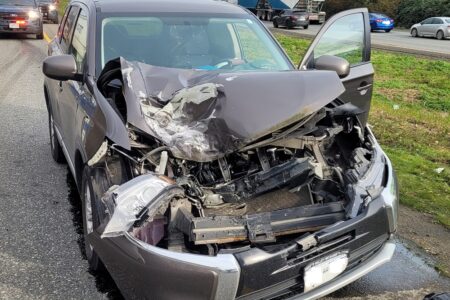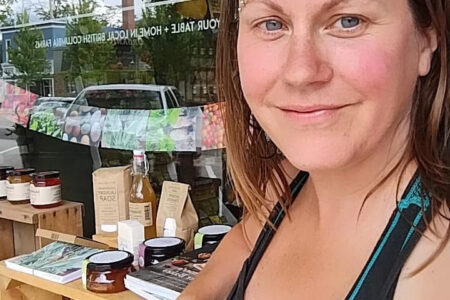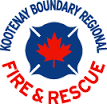Recycling changes to begin as industry assumes 'end-of-life' management
For a society drowning under a deluge of packaging and printed material, help is on the way.
With the province announcing this year it will require industry and manufacturing to become responsible by 2014 for the materials they produce in packaging their goods, the first step in that journey begins Oct. 14 (10 a.m. to 12 p.m.) in Nelson.
Municipal governments and the public will have a chance to give their feedback and hear what the large producers — like grocery stores, newspapers and retail stores — will be doing to deal with their products and packaging when they have reached their “end of life” and have become a community problem.
Chaired by the Ministry of Environment, the meeting will inform people on what the program will look like, the intent behind it and answer questions about how it could look, as well as gathering feedback from stakeholders.
The new regulation was a necessary move to help wean industry off of its penchant to over package its goods, said Regional District of Central Kootenay resource recovery manager Mike Morrison.
As long as it was government managing the Product Stewardship Program (recycling) there was no incentive for industry to change the forms of packaging, he said.
“If industry is forced to bear the cost for end-of-life management, it does, in theory, stimulate redesign of packaging and using more recyclable materials,” he said. “And it will create a market for these recycled materials.”
The producers will eventually be required to come up with a plan for end of life management of those materials, Morrison explained.
The hundreds of thousands the regional district spends each year on recycling will be eliminated with the introduction of the program in 2014, with the cost associated with collection and processing of packaging and printed materials borne by industry.
However, that cost will likely be passed back on to the consumer. But not everyone, said Morrison.
“Right now everyone pays through their taxes for these (recycling) programs. The new system is consistent with user pay where, if you use the goods, you’ll pay for the cost to dispose of it,” he said.
Rural areas are not expected to suffer in the shuffle, either. The provincial recycling regulation maintains that reasonable access be provided to everyone in the province. That has been the biggest challenge to any of the provincial product stewardship practices, said Morrison.
“At the RDCK there are tremendous challenges to ensure product stewardship programs are available in the smaller communities and rural areas,” he said.
Although there are areas that are under serviced, he admitted, they all have an established measure of service with a recycling depot.
“Our expectation would be an industry-led program would maintain depots in those locations,” he said. “One commitment (industry) made … is that in the communities that have curbside pickup they would continue to receive curbside collection so there wouldn’t be a dramatic drop in service.”
In places like Nelson, industry would pick up cost of blue bag program but details still need to be worked out, said Morrison.
The meeting is set for Oct. 14 from 10 am to 12 pm at the Best Western Baker Street Inn & Conference centre (Kestrel Room) in Nelson.


























Comments